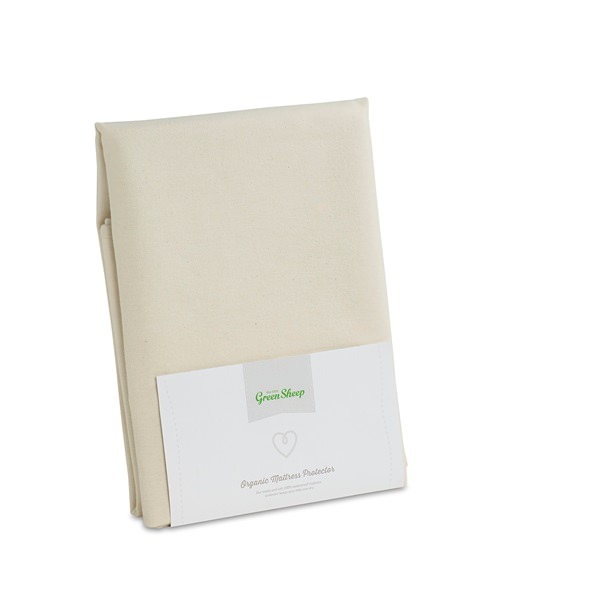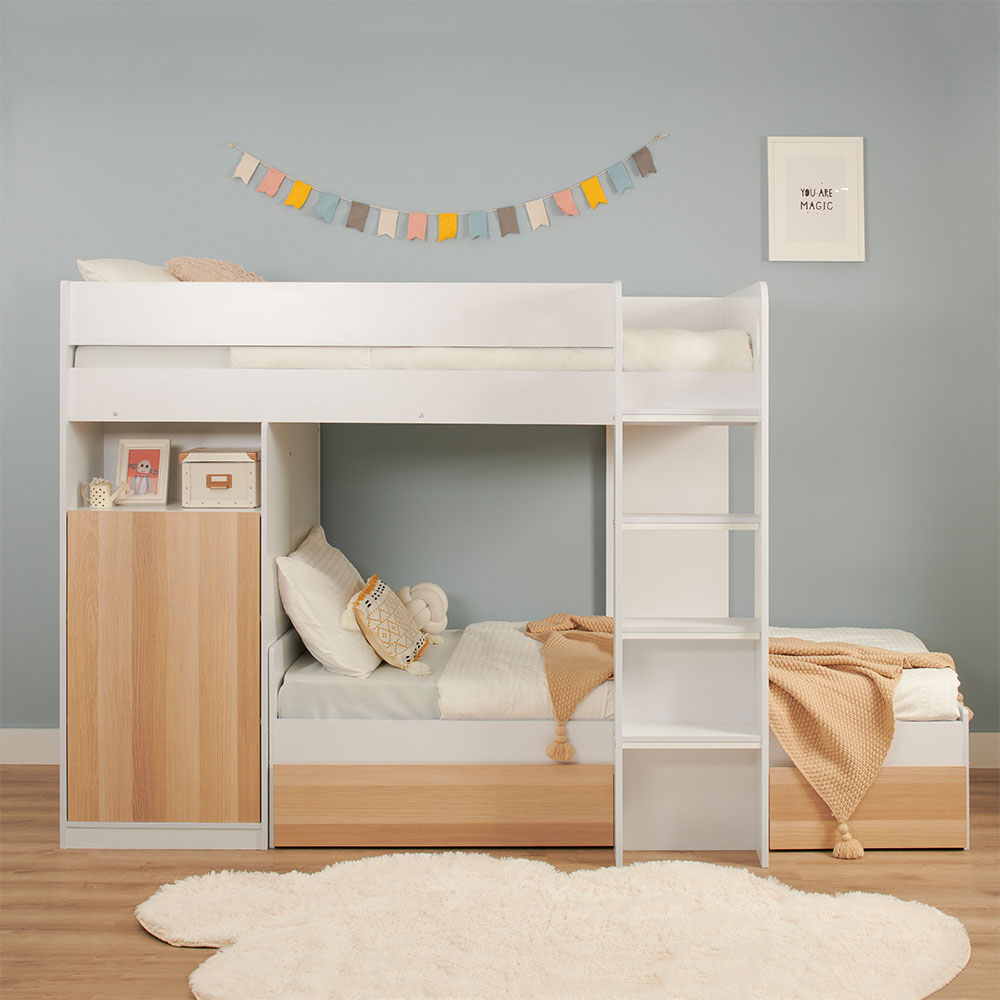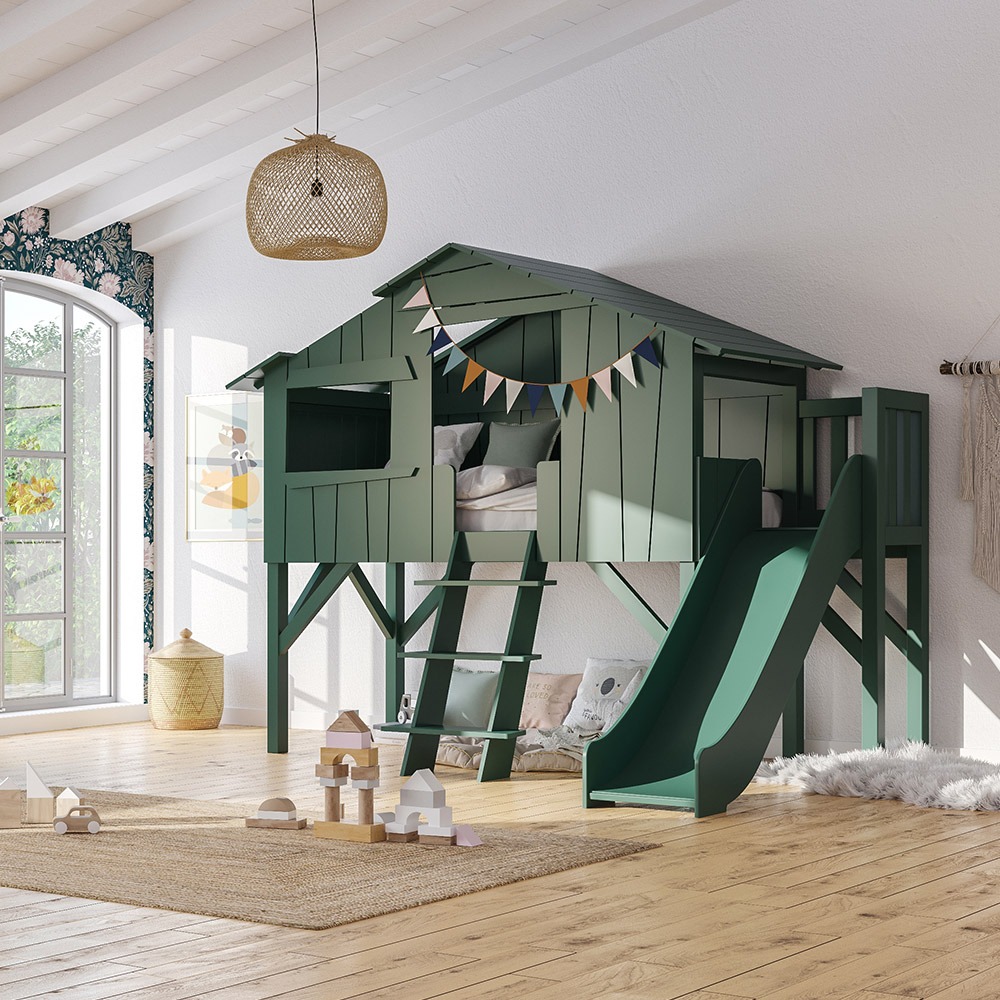A Parents Guide to Bedwetting
Oopsie daisies are to be expected during those early years; toilet training takes time and patience, and it’s natural for children under five to have the occasional hiccup in their night-time routine. However, this childhood condition can gradually be curbed with a little helping hand from mummy and daddy.
Read on for a handy guide to bedwetting – what causes it, what to expect, and how to give your little one a gentle nudge to dry nights.
Bedwetting – the Basics
Nocturnal enuresis – or as us normal folk tend to call it, bedwetting – is unbelievably common amongst youngsters. Nearly a quarter of 4 ½ year olds have accidents in the night, and this percentage creeps ever higher the closer to infancy you look. So before we go any further, let us provide you with a bit of comfort by telling you that your child isn’t the odd one out.
Of course, bedwetting becomes less common once your child passes the half-decade mark, but as many as one in 20 still wet the bed up to the age of 10. This is because, for one reason or another, your child hasn’t developed proper control over their bladder.
To solve the age-old problem of bedwetting, you first need to get to the bottom of what’s causing their accidents in the first place. There are many possible explanations for an overactive bladder, which makes putting on your detective hat an essential step in the right direction of dry sheets and blush-free mornings.
The Causes of Bedwetting
Children wet the bed for all sorts of reasons, most of which can’t be helped by growing kids who haven’t yet got to grips with their bodily functions. So while it’s tempting to feel annoyed with your little one by the third washing cycle on the trot, remember that no-one likes wetting the bed. Often, it’s miles more distressing for them than it is frustrating for you.
Bedwetting tends to fall into two camps: primary and secondary. Primary bedwetting is the most common type, encompassing children who have always wet the bed, and are yet to break the cycle of midnight accidents. Secondary bedwetting refers to youngsters who have suddenly started wetting the bed after months or years of dry nights.
Primary culprits simply haven’t yet learned the tricks of the grown-up trade to holding their toilet stop in until the morning. They have an ‘underdeveloped’ bladder, meaning they have limited control over their urine, and often don’t wake up when they need to go for a tinkle.
Of course, this too can be affected by their daily routine. Going to bed with a full bladder – or even bowel, which can press against the bladder – can lead to accidents during the night, something that can be curbed with a few tweaks to pre-bedtime routine, as we’ll explain in a jiffy.
Children that fall into the secondary camp tend to be more confusing for the parents. Why now, when they had no problems before? However, there’s usually a physical or emotional cause hiding between the sheets. This could be a problem with their bladder, such as a urinary tract infection, or could be a symptom of unsettling change, like moving home or starting a new school.
Understanding the triggers of bedwetting is the key to a sound night’s sleep. By getting to the bottom of the bed conundrum, you can begin to make changes that will coax them into a sense of bedtime security.
How to Tackle Bedwetting for Good
Bedwetting is an embarrassing topic, so it’s no wonder our little ones want to forget all about their toilet trouble when going off to school or heading out to nursery. However, it’s a good idea to closely monitor your child’s toilet habits if you want to understand what’s really going wrong.
This is much easier with tots, as you can keep a check on how often they visit the little boy’s or girl’s room, and whether they have a number one or two. For children who go to the child minder’s, nursery or school, you may want to rope in their carer to help you monitor these movements – or even ask your child to start a potty diary.
Becoming aware of their daytime toilet habits will help you to establish a routine. If they already have one in place, with nothing out of the ordinary as to how often they urinate or pass stools, you may want to look at their dietary habits. Are they drinking lots of fizzy and caffeinated drinks (never a good idea anyway)? If so, do these tend to be in the hours before bedtime?
It’s twice as important to control their routine in an evening, ensuring they don’t drink too much before bed. You should also encourage your little one to try for a toilet stop before they brush their teeth and get tucked in.
When decorating the kids bedroom, explore how you can create a calm, comforting environment; cool kids bedding and comfortable mattresses will make their bed a haven where they can ease into slumberland. This can be particularly beneficial if the cause of bedwetting is moving into a new room, so try and make it feel like their own right from the beginning!
A Helping Hand
If you’re still having problems with bedwetting over the age of 7, we recommend a trip to your friendly local GP, who will be able to dig deeper into the causes of your bedwetting, and explore possible treatment. In the meantime, save yourself the extra legwork of sponging down the mattress by investing in a soft organic mattress protector from our collection. 100% waterproof, it’s a must-have addition to their bedding whilst you explore solutions!
Training your growing tyke to hold their bladder through the night can be a challenge, but it’s important to stick with your routine. Give your youngster the support and confidence they need to overcome this hurdle, and you’ll be waving goodbye to wet sheets in no time.

Facts and Statistics about Bedwetting
- Boys are more likely to wet the bed than girls
- 21% of 4 ½ year-olds wet the bed
- There is a 40% chance children will wet the bed if their parents did as kids
- 33% of parents admit punishing their kids for wetting the bed
- Bedwetting occurs because the child has no conscious control over their bladder
Why do Children wet the Bed?
- Constipation – an enlarged bowel presses against the bladder at night
- Low levels of a night time hormone called vasopressin (an antidiuretic hormone)
- An overactive bladder
- A urinary tract infection (UTI)
When should Children stop wetting the Bed?
- By the age of five
- Treatment is available for children over seven that still wet the bed
How to help your Kids overcome Bedwetting
- Check your child’s toilet habits
- They should pass a soft stool at least four times a day
- If they don’t, they could be constipated
- If they have to urinate a lot during the day, they might have a medical issue
- Ensure your children avoid fizzy and caffeinated drinks
- Help your children to establish a daytime toilet routine
- Have your child urinate in the evening just before bedtime
- Consider establishing a routine where they urinate before brushing their teeth
- Consider speaking with your doctor if these tips don’t help
Kids Bed Guides
Our professional assembly team is always on standby to answer any questions you may have – simply call us on +44 (0) 1305 231231 Mon-Fri 9-5pm or email customerservice@cuckooland.com and our super friendly team will reply immediately.
















